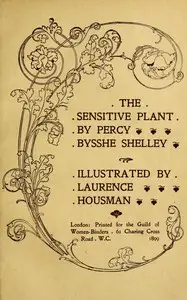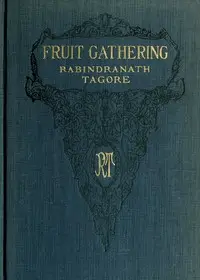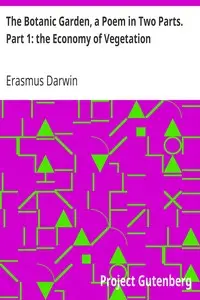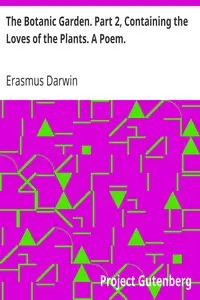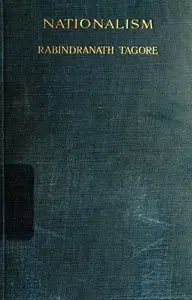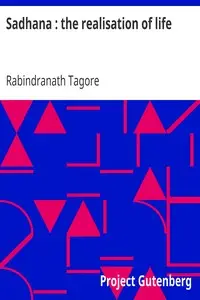"The Gardener" by Rabindranath Tagore is a collection of early 20th-century poems that examines love, yearning, and the natural world. The collection captures the core of human feelings using vivid imagery and philosophical thoughts, establishing it as a notable work in poetry. Tagore creates a world full of desire and self-examination, where characters show their emotions in different ways, such as dialogues between lovers, thoughts of the natural world, and reflections on life's moments. The poems compare the earthly with the spiritual, highlighting a journey for connection and understanding through life's beauty. Through metaphors of gardening, nature, and layered emotions, Tagore asks the reader to consider their own desires and the short-lived beauty of life, creating a reflective space full of both happiness and sadness.
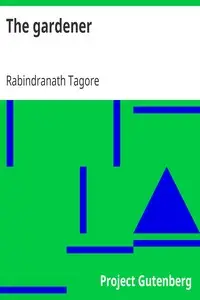
The gardener
By Rabindranath Tagore
Dive into a world of passionate dialogues, nature's embrace, and philosophical musings, where love and longing intertwine in a garden of poetic beauty.
Summary
About the AuthorRabindranath Tagore was a Bengali poet, writer, playwright, composer, philosopher, social reformer, and painter of the Bengal Renaissance. He reshaped Bengali literature and music as well as Indian art with Contextual Modernism in the late 19th and early 20th centuries. Author of the "profoundly sensitive, fresh and beautiful" poetry of Gitanjali, in 1913 Tagore became the first non-European and the first lyricist to win the Nobel Prize in Literature. Tagore's poetic songs were viewed as spiritual and mercurial; where his elegant prose and magical poetry were widely popular in the Indian subcontinent. He was a fellow of the Royal Asiatic Society. Referred to as "the Bard of Bengal", Tagore was known by the sobriquets Gurudeb, Kobiguru, and Biswokobi.
Rabindranath Tagore was a Bengali poet, writer, playwright, composer, philosopher, social reformer, and painter of the Bengal Renaissance. He reshaped Bengali literature and music as well as Indian art with Contextual Modernism in the late 19th and early 20th centuries. Author of the "profoundly sensitive, fresh and beautiful" poetry of Gitanjali, in 1913 Tagore became the first non-European and the first lyricist to win the Nobel Prize in Literature. Tagore's poetic songs were viewed as spiritual and mercurial; where his elegant prose and magical poetry were widely popular in the Indian subcontinent. He was a fellow of the Royal Asiatic Society. Referred to as "the Bard of Bengal", Tagore was known by the sobriquets Gurudeb, Kobiguru, and Biswokobi.

